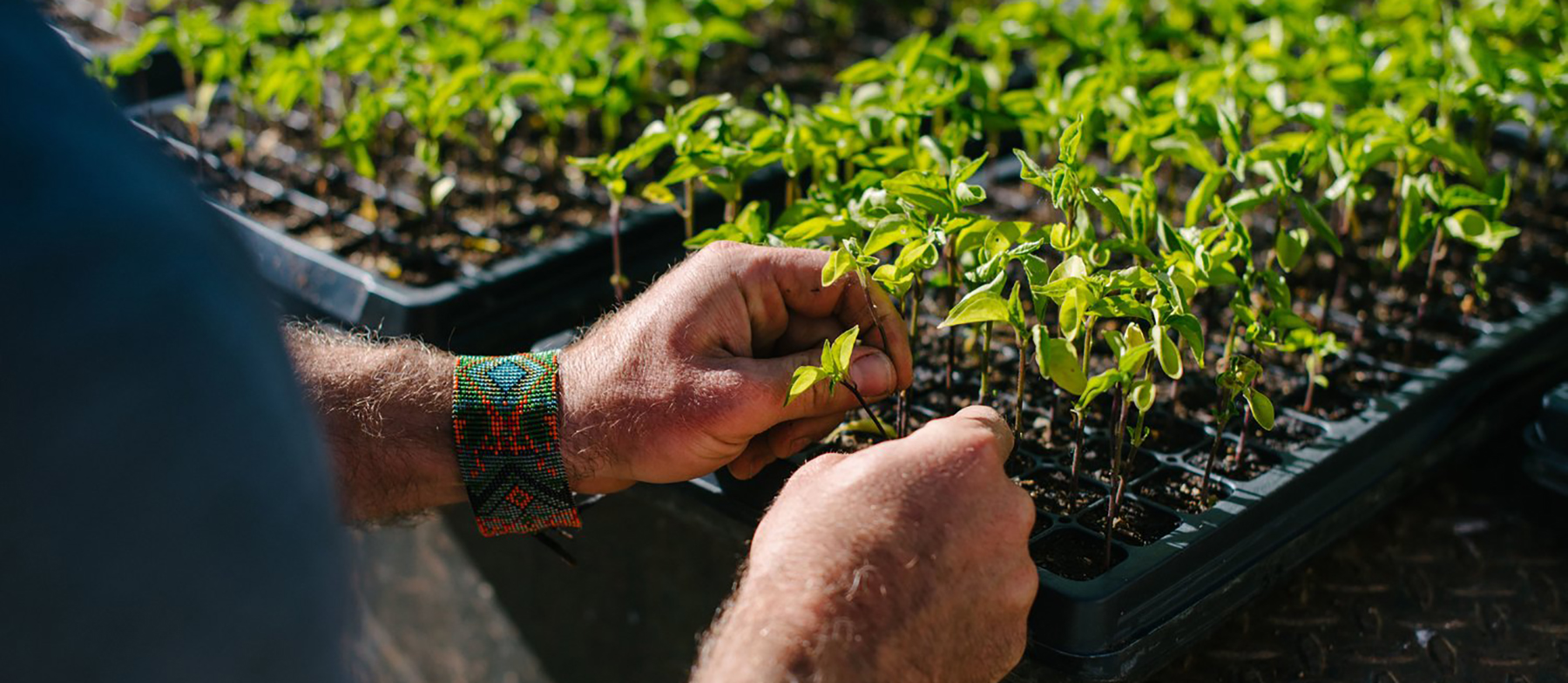Established in 2012, McCauley Family Farm at 9421 N. 63rd Street spans 40 acres, with the north boundary the ridge next to the gravel path upon which you enter, the south boundary being the valley, the west boundary set at the line of willow trees and the east boundary at 63rd Street.
Founder and owner Marcus McCauley has a background in ranching in Oklahoma. He’s always had big vegetable gardens to fuel his interest and experience in the culinary arts.
When he moved to Boulder ten years ago with his wife, his attention shifted to thinking critically about what he was putting into his body and where it was coming from. Wanting to learn, grow, and heal, Marcus felt called to go back to the soil and primary production.
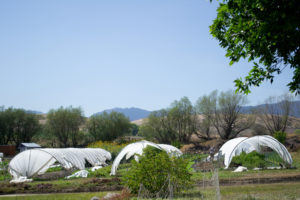
At the time, there was no pastured chicken — which is a very important part of any land regeneration system. And in fact, free-range chicken is required no pasture at all, a fact that Marcus found very concerning.
In fact, the whole farm ecology was broken, with the disruption to the natural system by the fact that there are hardly any ruminants left, and consequently grasslands were becoming stripped of grass which leads to topsoil — the good stuff — blowing away. Leaving hardly anything nutritious to work with. Through the process of starting to source locally, he began to build and develop relationships with farmers.
Today, Marcus focuses on doing everything he can to restore the local “farmecology” by connecting the dots between consumers and crops, soil and souls.
As some of this land is leased by other organizations, you’ll find a few different things happening on any given day. One such business is Esoterra Culinary Garden which houses over 100 organic vegetable beds on the property, always bustling with activity.
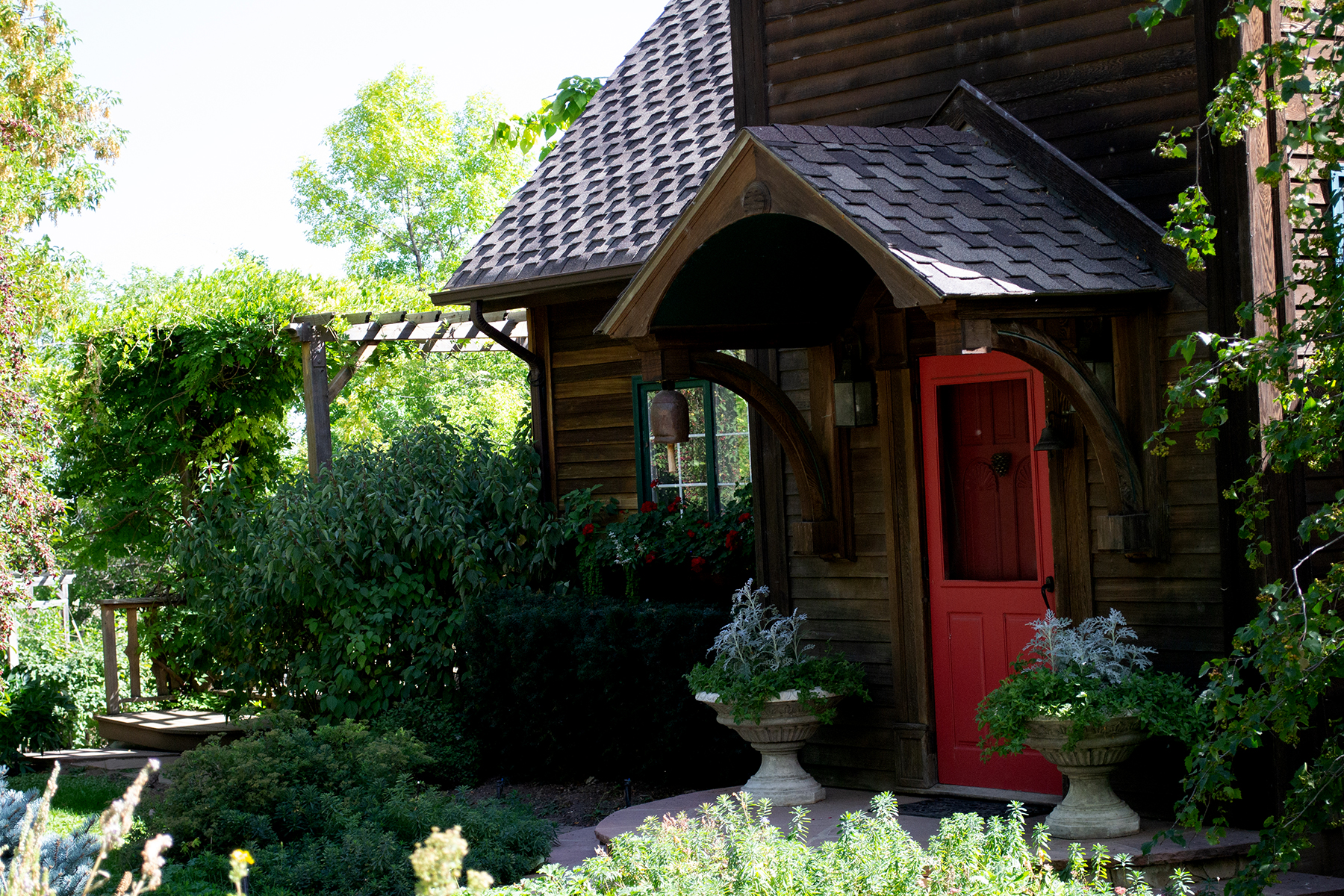
Efforts range from using traditional regenerative agriculture to recreate grazing patterns between grazing animals, birds and grasslands, preserving left-over crops to transform into marketable condiments, and creating a system where Boulder can have access to healthy, free-range chickens.
Regenerative Farming
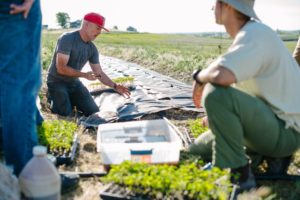
McCauley Family Farm works to create a functioning regenerative farm system, where all parts of the ecosystem have a place and role — a place for annual plants, perennial plants, ruminants, birds, fungi, microbes, insects, humans all play a role to create something more than the sum of the parts.
“It starts with the soil. Microbes, plants and ruminants all have an interesting relationship with the soil; it’s this whole connected thing,” Marcus explains.
One of the main components of McCauley Family Farm’s philosophy involves reading the land, what it naturally can grow easily. Local food crops have gone through multi-generational processing, often designed in labs, so few of the crops in Boulder’s food system were domesticated here in Colorado. Organizations like MASA Seed Foundation are working to change this by cultivating regionally adapted plant varieties.
[Read BLDRfly’s MASA Seed Foundation profile here]
At the moment, Boulder’s food system in Boulder is fragile, so Marcus spends a lot of his time spreading awareness to local farming’s challenges and situation, helping spread awareness.
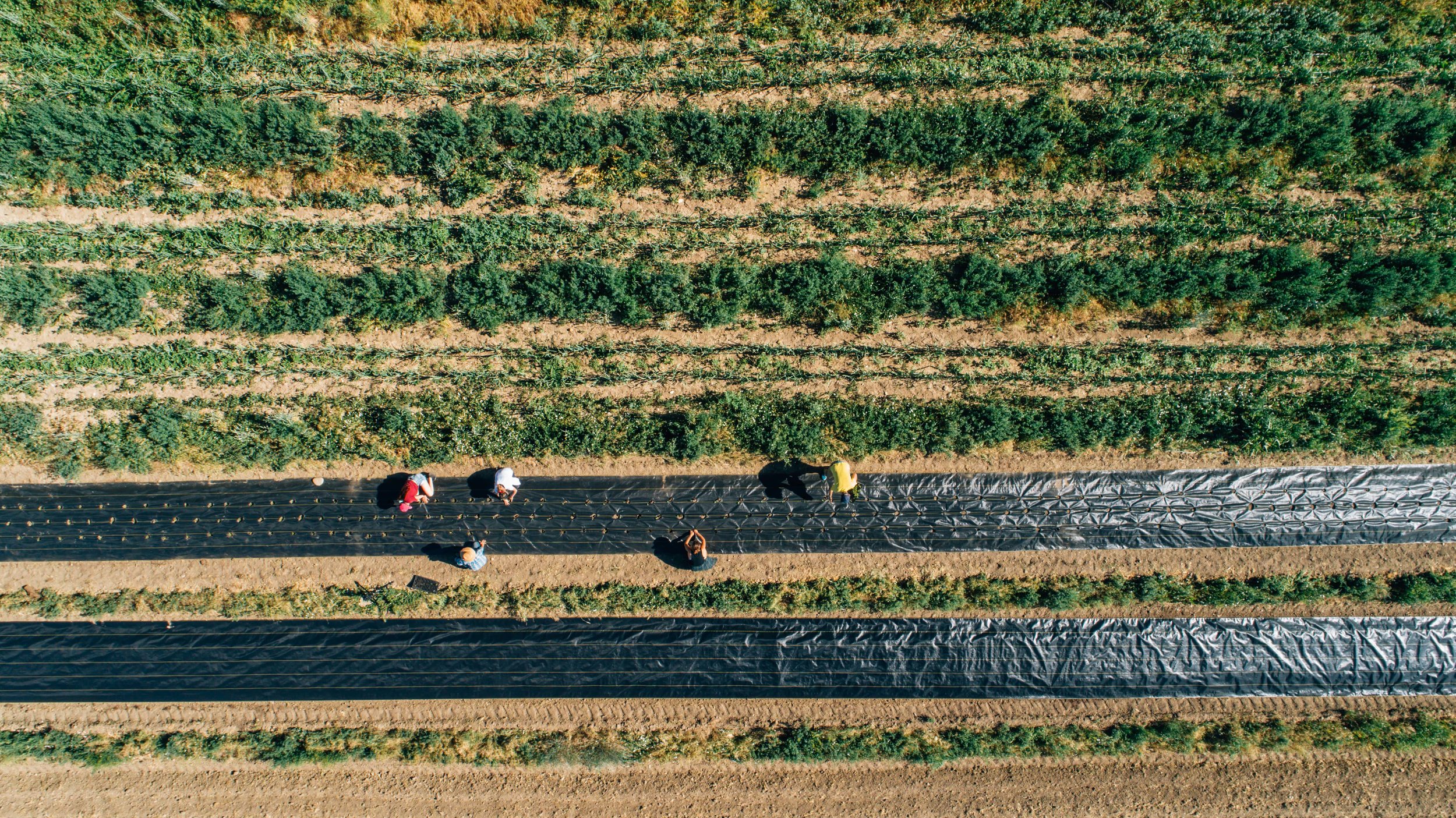
Restoring degraded open-space land
McCauley Family Farms also works with the City of Boulder to help heal degraded land, which lacks grass or useable topsoil. One of the challenges Boulder fields face is that topsoil, which took millennia to build up, is blowing away so only subsoils remains, leaving desert-like conditions behind.
Colorado grasslands evolved with buffalo, but with them gone, the natural ecology of Boulder fields has suffered. We, of course, can’t bring back free-range bison, but it’s important to address this aspect of the ecosystem to create a sustainable, thriving foodshed.
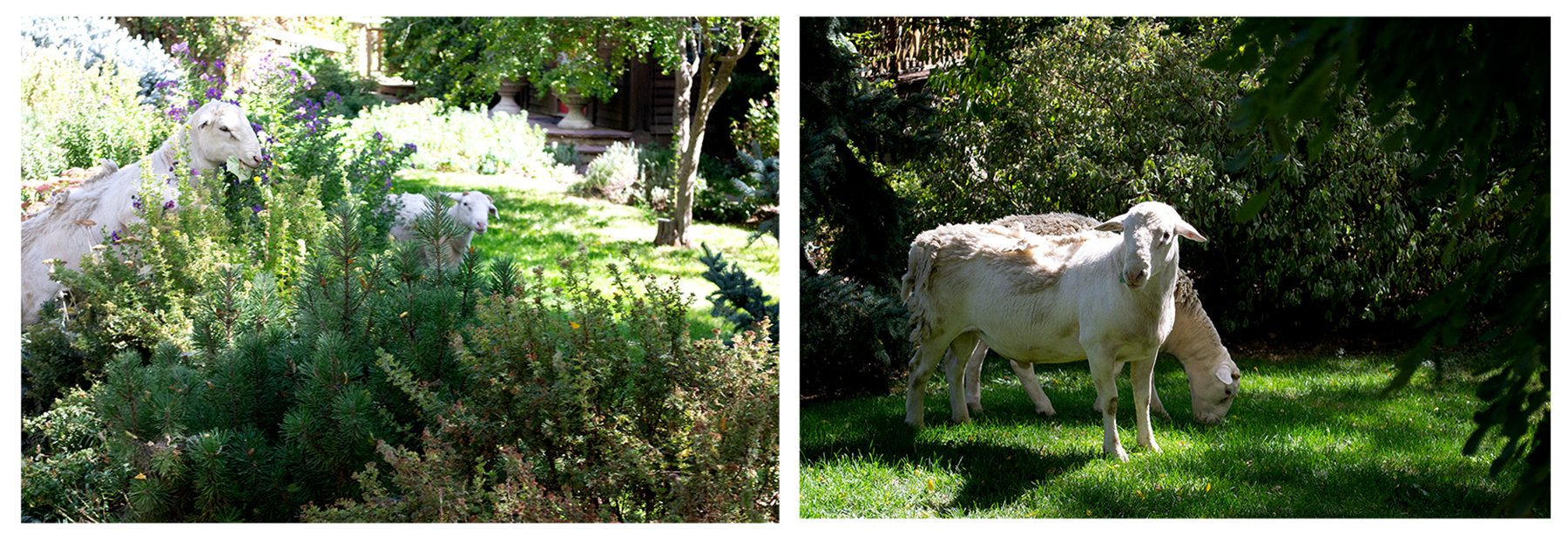
Marcus addresses this on his farm by bringing in grazing animals like sheep and alpaca, followed by chickens. This helps create healthy soils. While they live on McCauley’s farm, he wants to share them with other farms and lands to recreate the grazing pattern that grass and ruminants co-evolved in, bringing nutrients to the soil and healthier local food to our plates.
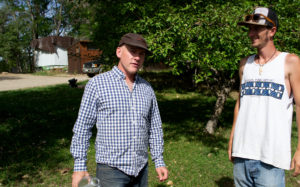
Manure provides nutrients that hoof action pats down into the soil, which fertilizes it.
The Bennet property between Boulder and Lyons is an example of a collaboration with the City of Boulder in recovering degraded land from bare. Trying to bring life back to the land and to these ecosystems going again, helping to sequester carbon back to the land.
“This is a big conversation right now,” Marcus says. “What do we want to do with these lands?”
Soil-to-shelf
McCauley Farm also makes Picaflor, live culture-focused hot sauce and pepper flakes made from leftover fermented crops.
The idea came from the age-old issue of farmers and horticulturalists having crops left over and wanting to preserve crops for the winter. Fermented food isn’t really a big part of our diet in the U.S, but humans have been fermenting things for thousands of years.
“I already knew all my favorite things were fermented,” Marcus says. “I knew the peppers were trying to ferment on their own, and they had passed the point of visual point of being marketable. I started pickling the left over-crops and fermenting, and that became the hot sauce.”
Though he didn’t have a processing facility, Marcus knew he could do it easily by salting the peppers and putting them in a barrel. It worked.
And because the farm produces it side of a functioning regenerative farm system, the operation not only brings life back to people’s daily meal but also brings life back to the soil. (As a hot-sauce-lover myself, I couldn’t agree more!)
CSA
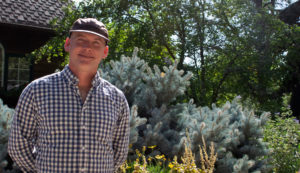
The main component of McCauley Family Farm’s CSA are chicken and eggs, which never receive antibiotics, growth hormones, or genetically-modified seed.
Marcus’ chickens spend their entire adult life outside, free in the pastures at the base of the Front Range mountains.
Header image: Bedell Photography. Source: McCauley Family Farm website

